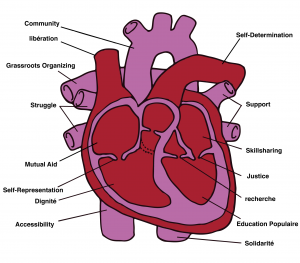Apply to be a QPIRG Working Group!
****Deadline : Sunday, April 5th, 2020 at 11:59pm****
Here is the application form (word document) or (pdf). Please fill it out and send it to info@qpirgconcordia.org. Details for alternative application formats are in the file. Please put the name of your group in the file’s title.
WORKING GROUPS are the heart of QPIRG Concordia. They are groups, collectives, networks, projects and campaigns that organize together in the Montreal community and beyond, on a wide variety of issues directly related to social and environmental justice.
Together, QPIRG Concordia’s working groups share skills and knowledge, engage in popular education and art, organize events and protests, provide support and solidarity, publish alternative research and analysis, and in general, contribute, encourage, and maintain resistance in diverse and creative ways. Read more about this year’s working groups below.
What benefits do working groups get?
- funding from QPIRG
- priority access to booking our space
- use of QPIRG’s non-profit status for grants etc
- use of our space for storage
- low cost printing and photocopying
- use of QPIRG address
- priority use of computers
- QPIRG promoting your group and events
- being connected to other grassroots groups doing great work!
Working Group budget maximums: For the current application process groups can apply for us to $500. If your group is accepted, you will have until August 31st 2020 to spend your budget. Groups will then be invited to re-apply as a working group for the 2020-2021 year.
To learn about the other current working groups, click here.
PLEASE NOTE THESE IMPORTANT THOUGHTS FOR THIS YEAR:
–Intersectionality (to learn about this term please click on the hyperlinked word intersectionality)
This year, we want to invite you to reflect on representation in your groups. We usually prioritize supporting working and solidarity groups that centre those most affected by the causes, realities and experiences the group is working on. We’re asking you to reflect on whether your membership reflects the intersecting identities most impacted by whatever issues you’re working on. For example, if your group centres queer realities, do you have queer people of colour and/or that are disabled as members? Do you have people who identify on the spectrum of asexuality? Do you have migrants that can feel welcome in your group? If your group is focused on Black realities for example, does it address the realities of trans and queer Black people, does it include the experience of Afrolatinx people ? Do your group members represent a wide spectrum of social class? Does your group consider the experiences of Indigenous people? Have you reached out beyond your close circles to bring a broader range of lived experiences into your group?
These examples are just cited as a reference, but intersectionality goes beyond these. We believe that as a non-hierarchical organization, these steps are crucial to address power dynamics that can happen within our working groups. These are not the only steps to practice; it is even more important to go beyond representation by doing the work of addressing our own biases, being accountable for our oppressive behaviours, and being willing to evolve and relearn is key to acts of solidarity.
In making efforts to broaden representation, it’s also important not to commit tokenism. Tokenism is practiced when a group of a dominant culture recruits members of marginalized groups this culture dominates with the goal of appearing more progressive, but without being ready/willing to change or address the internal oppressive practices taking place (consciously or not), which these marginalized individuals then experience. Do not place someone in the position of having to speak for their whole community alone within your group.
This is ongoing work we are doing together in order to make QPIRG more accessible to individuals who usually do not feel safe or welcome within our organizing and our space.
For other questions, you can write to info@qpirgconcordia.org

